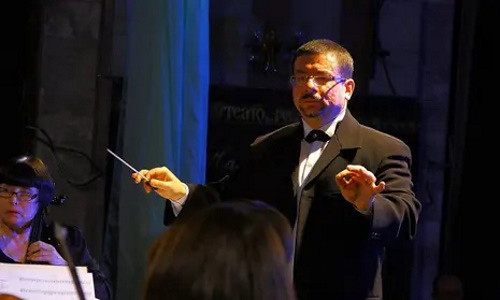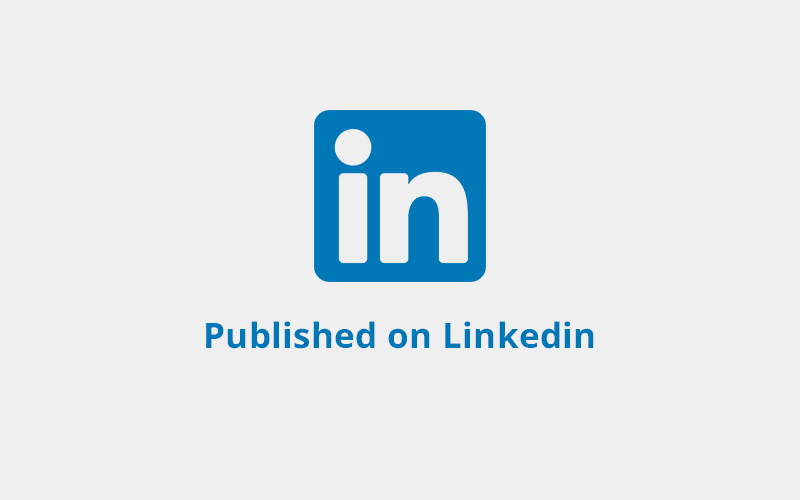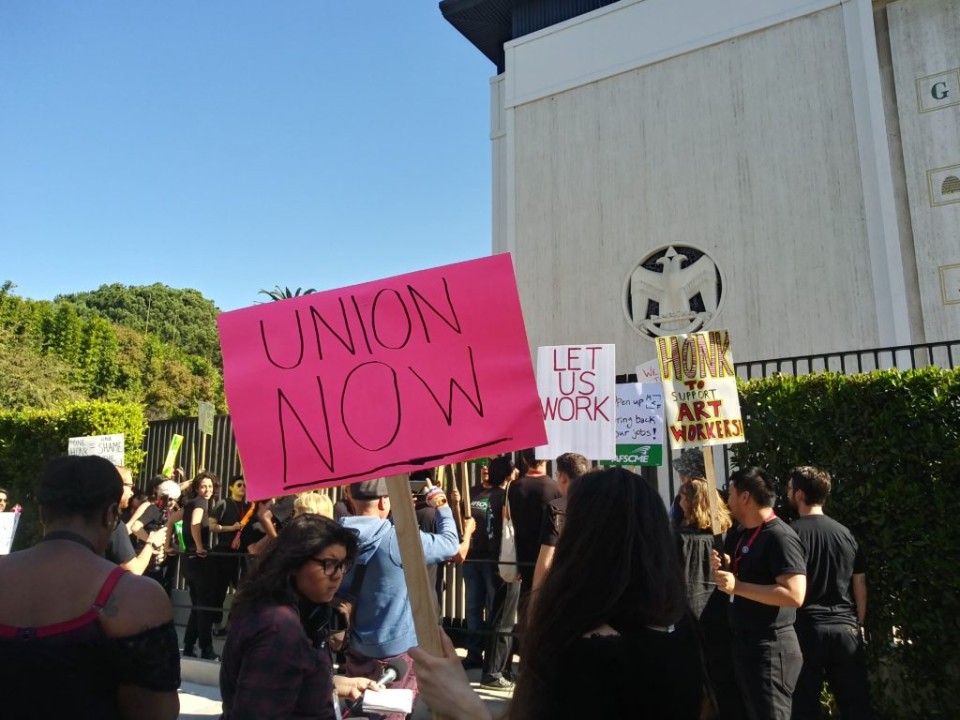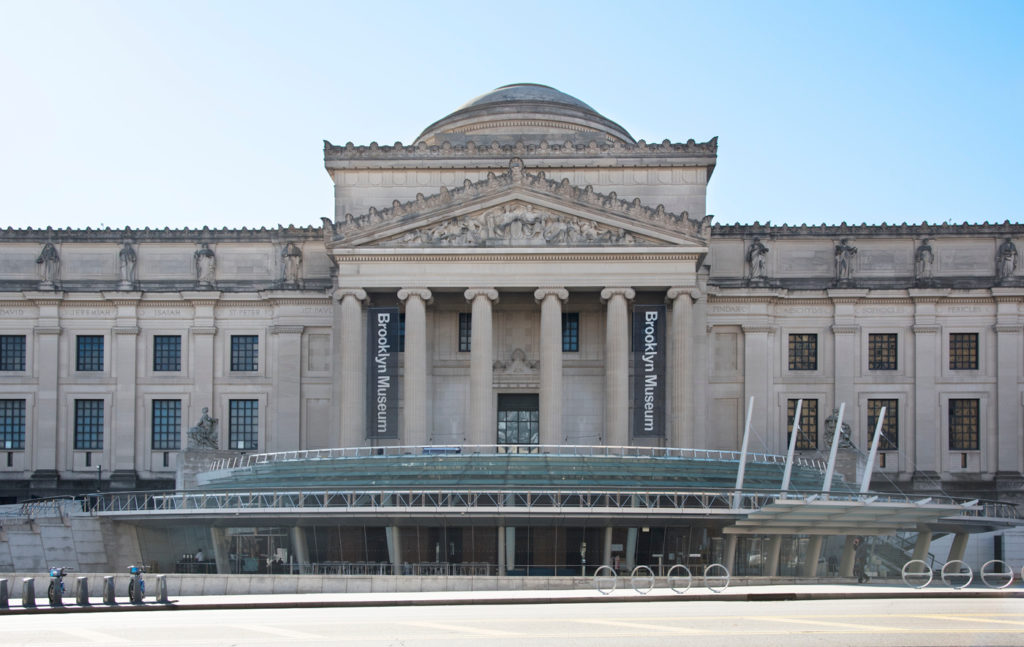
Who is Yuriy Kerpatenko? Why should we care?
The global arts industry, and the arts leaders entrusted to connect us with the truth and beauty embodied in art, are under unprecedented, widespread attack.
Last month, the Ukrainian conductor Yuriy Kerpatenko, who chose to remain and work in the Russian-occupied city of Kherson, declined to take part in a concert “intended by the occupiers to demonstrate the so-called improvement of peaceful life in Kherson.” For that act of protest, he was shot dead in his home. In August, the writer Salman Rushdie was maimed in a knife attack by a religious fanatic while on stage.
Last May, the Ukrainian music director and conductor, Oksana Lyniv, a vocal pro-Ukrainian nationalist, had her family’s life threatened by Ukrainian nationals if she conducted the scheduled Tchaikovsky 6th Symphony to open the Ludwigsburg Festival in Germany.
Since earlier this year, throughout western Europe and the United States, great works of art in museums have been threatened with defacement by climate change protestors. And it is only a matter of time before some are destroyed.
The global arts industry is vast, made up of billions of dollars of government and private support, trillions of dollars of museums buildings, concert halls, and other cultural sites, priceless works of art and cultural artifacts, the artists who create them, and professionals who interpret and preserve them for the public. The system, and the arts leaders entrusted to connect us with the truth and beauty embodied in art, are under unprecedented, widespread attack.
Yet the response from arts leaders has been tepid, misguided, or absent. In the beginning of the Ukraine invasion, some Russian artists and repertoire have been canceled but there was no consistent rationale for the actions of individual venues and presenters. Ninety-four directors of prominent art museums issued a proclamation decrying the actions of climate protestors but have done little else to solve the dangers and better secure the art. The Director of Maggio Musicale Fiorentino, Zubin Mehta, called for a minute of silence before a recent concert in memory of Maestro Kerpatenko. But where is the outrage? Where is the unified response?
Arts leaders have a daunting task: They are the creative conduit to bring visual and live arts and historical and cultural knowledge to the public. Arts leaders are under constant pressure to operate sustainable institutions; to be inclusive; and, most importantly, to be truthful and ethical. They, as a profession, must ensure that their institutions uphold the highest liberal values. Meanwhile, their leadership appears constantly buffeted and challenged—by disenfranchised stakeholders, employees, climate protestors, religious fanatics, and some less than supportive board members—and, for almost three years, are dealing with the uncertainties brought about by the global pandemic.
As a group, arts leaders from all sectors and geographies must now recognize the threats to cultural institutions: potential physical harm to artists; damages and destruction of works of art in their care; censorship from autocratic governments, religious fanatics, and liberal sensitivities; and they must take action and a unified stand. Arts leaders cannot leave solutions (and protection) to the blunt instruments of lawmakers and politicians. Arts leaders must rally the entire ecosystem—governments, private funders, foundations, artists, historians and scientists, volunteers, employees, visitors, and the public—they must lead this group to understand the broad threats to the sector and together take some action.
There are ample instances where other industry groups have come together in communal action—over the #Metoo and #BLM movements, for example. I believe the multiple growing threats to the arts demand a multi-pronged response from the leadership. The solutions must come from the leadership themselves of this powerful, global industry. In the meantime, I offer some suggestions:
Rather than just bolstering museum security, what if museum directors were to unify and refuse to accept funding from industries directly responsible for climate change? Many arts and cultural organizations, in North America and elsewhere, post land acknowledgements over the appropriation of Indigenous lands. What if every arts organization, declared their code of conduct regarding censorship, religious freedom, repatriation of stolen goods, etc.? And how powerful would it be, if before every concert and live event, in every free country, a minute of silence commemorated the life of the martyr, so that everyone would care about Yuriy Kerpatenko?
Link to article:
https://theberkshireedge.com/who-is-yuriy-kerpatenko-why-should-we-care/







